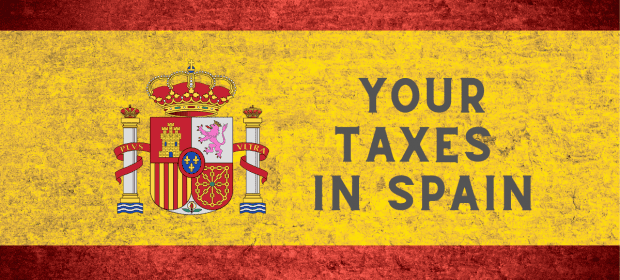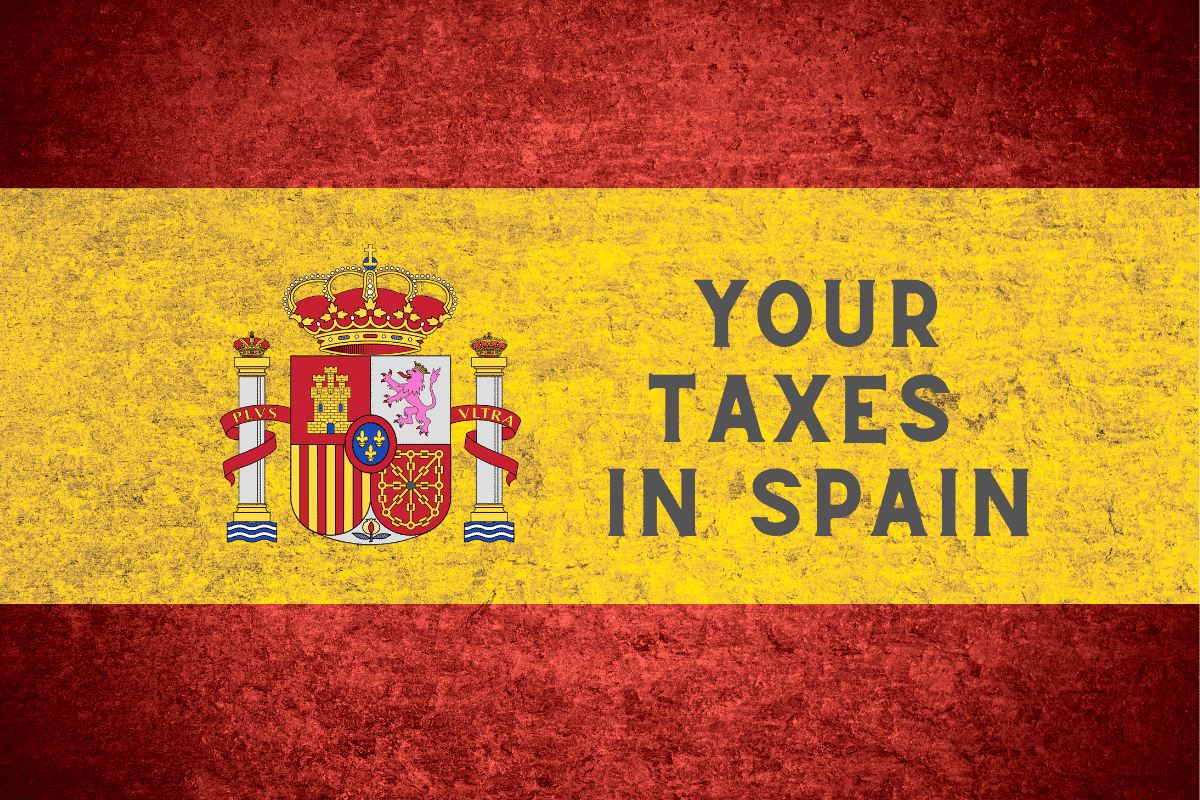As a foreign national living in Italy for many years I find it sometimes confusing to look at where you come from and know where you belong. I rang my prefettura the other day to check on the progress of my Italian cittadinanza application only to be told that I would have to keep checking the Ministero del Interno website to see whether any updates or further requests for information would be required and that no confirmation email would be sent.
Anyway, this got me thinking about the issue of ‘where we belong’ and ‘where we think we belong’. The difference being, one is based on facts and one is based on what we believe to be true.
If I take a cross section of you, my group of clients, and stranieri living in Italy, I could split you into many different groups (it is not an exhaustive list), but a good summary would be as follows:
- Foreign nationals married to Italians (like myself)
- Foreign nationals who are married/partners with someone of their same nationality
- Foreign nationals married/partner with someone of a different nationality
- Foreign nationals who are not married
And within this group I could create sub groups of you:
- those who don’t intend on returning to your country of origin
- those who have made a long term move to Italy but intend on moving away from Italy at some point in the future, mainly for reasons of later retirement when language, health, and maybe grandparenting considerations become more of an issue
However, in each category and sub category we have to work with the fact that we have accumulated financial assets which, from a fiscal point of view, will be subject to taxation in any one country or another. Knowing which group and sub group you belong to, and the definition of such, will likely determine which jurisdiction you are considered for inheritance tax/ succession purposes.
So let’s focus on the subject of domicile for a moment, since the application of domicile will determine which tax authority will have overriding power when it comes to your inheritance tax or successione. Firstly I want to highlight the definition of domicile in the UK (which may also be applied in other similar countries which work on a basis of common law)
Definition of domicile
The domicile is the country which a person officially has as their permanent home, or has a substantial connection with. When you’re born, you’re automatically assigned to the same domicile as your parents, which is defined as your domicile of origin. If your parents were not married, typically your domicile of origin will be the same as your mother, although this may vary depending on each individual’s circumstances.
Your domicile of origin then continues until you acquire a new domicile – even if you move abroad, unless you take specific action, it is unlikely that your domicile will change.
Now let’s look at the definition of domicile in Italian law, which has a totally different meaning:
The place of domicile is taken to be an individual’s principal place of business and interests.
(see full definition of residency and domicile in Italy HERE)
As you can see the two definitions have quite a different meaning. This creates problems when looking at inheritance tax, succession planning and will writing.
CAN I BREAK DOMICILE OF ORIGIN?
For those of you who fit into the category of having lived in Italy for many years and have few or no connections back in your country of origin, it might be that you are now in the position that you could break the domicile of origin and be subject to the law of Italy on your worldwide estate. This might have some advantages given that succession taxes in Italy are very low compared to other European countries.
However, to break the domicile of origin rule, specifically when relating to UK citizens, you would have to:
- show that you were not domiciled in the UK within the three years before death
- show that you were not resident in the UK in at least 17 of the 20 income tax years of assessment ending with the year in which you died
CHANGING YOUR DOMICILE
You might also try and actively change your domicile but to do this you will need to satisfy a number of criteria and be able to provide evidence of each one. The basic criteria for changing your domicile will typically include as an absolute minimum:
* Leaving the country in which you are domiciled and settle in another country
* Provide strong evidence that you intend to live in your new location permanently or indefinitely.
However, the criteria for changing your domicile are incredibly varied and include things like closing bank accounts down in your country of origin, selling all properties that you may own there and finally each case will be judged on it’s merit incorporating the evidence provided.
SO WHAT IS THE SOLUTION IN ITALY?
The long and short of this is that when you die, it is highly likely that as a foreign national living in Italy, that unless you have attained cittadinanza, the Italian authorities will refer back to your country of origin and allow that authority to apply their inheritance tax code to your worldwide assets. (Any Italian taxes would still need to be applied, where appropriate to Italian domestic assets, such as property) Whilst this might be preferable for some, you may wish the Italian tax code to apply on death because of its lower tax rates. If this is the case then you have to try and break domicile and this can only be determined at the point of death by the relevant tax authorities. If you want to know how hard that could be then see the ”famous example’ in the column opposite.
Clearly it makes sense to start planning to minimise problems from an inheritance tax point of view, as soon as possible. Having a will in place is the first step to ensuring that your relatives are not left with cross border legal burden when the inevitable happens.









